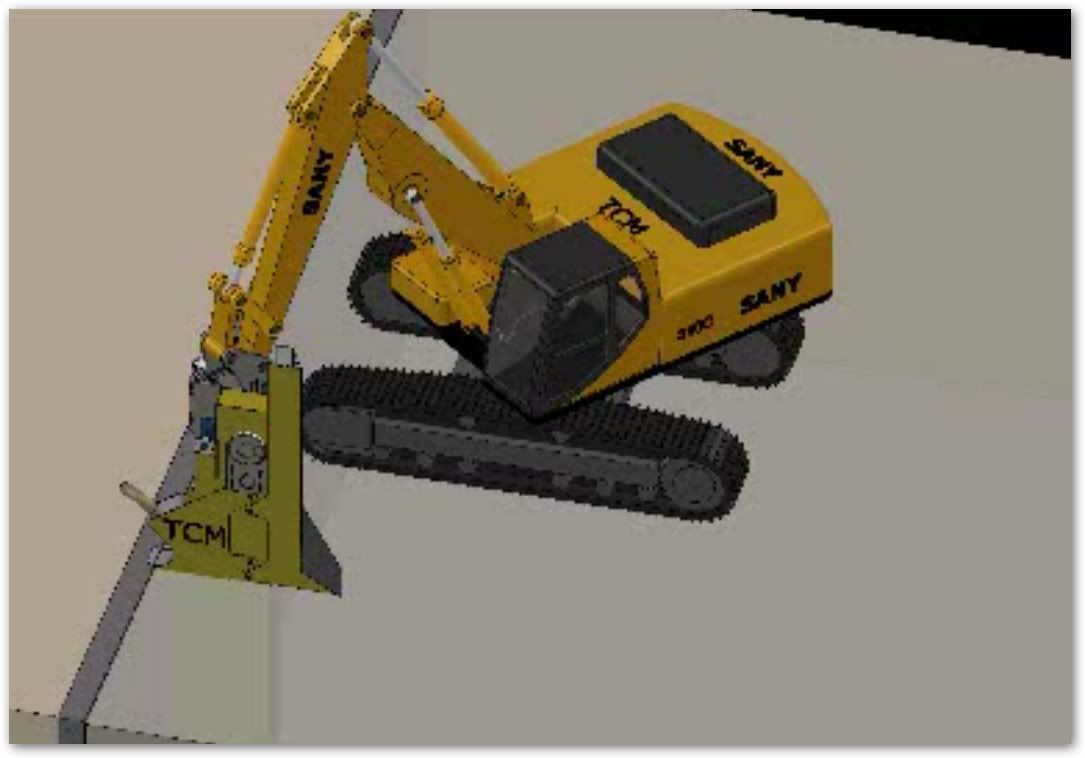Earth and other planets started as a bunch of left over debris from dead stars: iron, nickel, carbon. Just to name a few. A star forms from collapsing hydrogen clouds which will create a swirling motion naturally. Eventually the young star will eat all the buoyant hydrogen and spin all the heavy metals surrounding it. This debris of metals and other elements will eventually collided with each other to form globs of collected material or rocks. As these rocks continue to grow with each collision eventually it will start to bend it's boundaries which promotes a stronger force of gravity. Gravity naturally pulls objects to its center, this is why the planet are round, and anything that tries to over exceed the boundaries of gravity will collapse. To summarize, a giant rocky ball composed of space leftovers is now rotating an object more massive than its self, a skeletal earth is born.
The law of gravity forced the earth to pull what its made of to its center. This law creates friction and pressure within the earth. With this friction and pressure comes heat. This heat will eventually melt the contents of the skeletal earth, remember (nickel, carbon, iron, there are lots more). [Lava is now created.] With everything molton, the heaviest stuff went to the center (mostly iron). And the lightest material stayed on the outter portion. With time the out side of the skeletal earth will form a cool rocky crust as it moves through its elpise around our star, the sun. Earth rotates because of a jolly good whack, the one that kicked off the (mass that made up the) moon.
The earth now has a cooled crust and hot lava flowing below it, this creates volcanoes! Volcanoes have very narrow pockets in the sides of the moutain which allow the lava to shoot out creating more rocks and eventually water! Over lots and lots of time more crust is layered upon it self. Causing cooler rocks which will eventually form condensation within their pores. If you have ever seen a lava rock the pores are very apparent, the pores are created from the exsolution of gasses in the lava as it is cooling. This process is more likely to occur at the north and south poles. Everybody knows the poles of the earth are cooler and the equator is warmer. The colder it gets at the poles the more of a chance condensation will occur.
As this cycle repeats through years of seasons, which still exist without water. The seasons are caused by the tilt of the Earth's axis (about 23 degrees off vertical) caused by that same great whack.
So this creates a cold and hot seasons which are experience through out the entire earth. The condensation within the pores of lava rocks will eventually freeze then melt then pool. With pooled water at the poles it only has three places to go, 1: freeze 2:drip or stream somewhere else or 3: evaporate into the atmosphere, which creates clouds! Which transfers water! which causes rain! which cause more pooling on other regions of the earth and with time; oceans, polar ice caps, violent wet weather and life.
At some early point in time (after the moon) the Earth was a hot, glowing ball which would have out-gassed fairly completely. Hydrogen is light enough so that most of it would have escaped, and the was little or no oxygen. (At least no un-bound oxygen.)
It's thought that since comets are mainly ice, they would have hit the Earth and brought most, if not all, the water we now have.
As far as I understand it, the presence of water is a natural occurence due to the presence of the elements of hydrogen and oxygen on this planet. The comets did not bring the majority of Earth's water to the planet, although many comets are covered and/or filled with ice, most of that would burn off in entrance into the atmosphere and become a part of our natural water cycle.
As the proximity to the sun heated the earth, hydrogen and oxygen began to move about (as atoms do under the influence of heat) these molecules bond very easily and readily, almost as if they want to. So when the hydrogen and oxygen that were already a part of this planet began to move (or just as a natural occurence of thier constant state of movement) they began to come together to form the H2O molecule that is the smallest possible amount of water. As you know by observation, water tends to pool...so it collected into larger bodies, including groundwater and lakes, and gravity created rivers which stream from these sources whenever there is too much for the given recepticle. One of the 2 previous posters accurately described much of the water cycle, so i feel no need to go further into it. But anyone who says that comets brought the majority of our water to this planet is sorely mistaken, misinformed, or simply trying to cause confusion for confusion's sake.
The trouble with this argument is that while hydrogen was origally plentiful, the wasn't much (or any) free oxygen (all the bound oxygen was in the rocks - which is still there). And free Hydrogen is lost from a planet as small as Earth, it takes the outer gas giants to hold it.
Ref: http://wiki.answers.com/Q/Where_did_Earth's_water_come_from














0 Responses
張貼留言